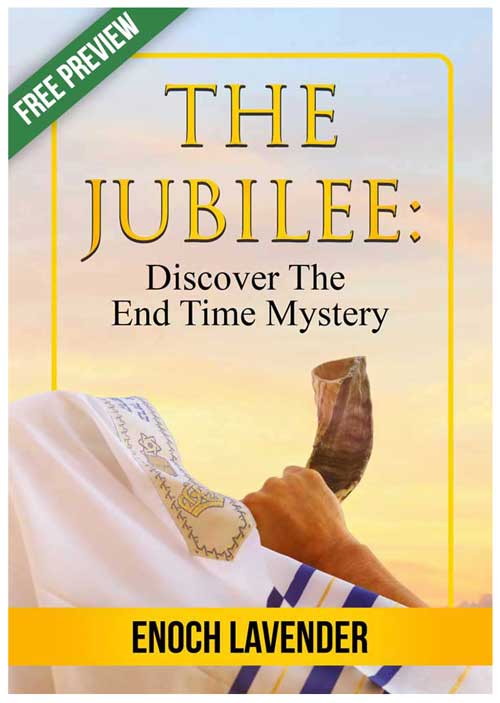 Queen Esther, Gog and the End Of Days While sometimes treated as merely an amusing Kid’s Church story, a Jewish perspective on the book of Esther reveals remarkable links to Gog, Magog and the End of Days. A World Empire and a Wicked Ruler During the days of Queen...
Queen Esther, Gog and the End Of Days While sometimes treated as merely an amusing Kid’s Church story, a Jewish perspective on the book of Esther reveals remarkable links to Gog, Magog and the End of Days. A World Empire and a Wicked Ruler During the days of Queen...
 Game changing developments are happening right now in Israel concerning the Third Temple. Probably the most critical missing link preventing the rebuilding of the Temple, is set to fall into place within months with crucial help from Christians. Meanwhile Hamas is...
Game changing developments are happening right now in Israel concerning the Third Temple. Probably the most critical missing link preventing the rebuilding of the Temple, is set to fall into place within months with crucial help from Christians. Meanwhile Hamas is...
 Judaism teaches that one should always leave in readiness for the Messiah’s coming. In fact, the famous sage Rambam listed this expectation as one of the 13 core tenants of the faith. According to Rambam, if you are not expecting the Messiah’s return ...
Judaism teaches that one should always leave in readiness for the Messiah’s coming. In fact, the famous sage Rambam listed this expectation as one of the 13 core tenants of the faith. According to Rambam, if you are not expecting the Messiah’s return ...
 In the early 19th Century, a period of unprecedented restoration began to take place in both Israel and the Church. As the Jews were scattered all over the world, the language of Hebrew had become extinct except for use in religious ceremonies. As Jews began to...
In the early 19th Century, a period of unprecedented restoration began to take place in both Israel and the Church. As the Jews were scattered all over the world, the language of Hebrew had become extinct except for use in religious ceremonies. As Jews began to...
 Is there a link between the ancient practice of the Jubilee and Jesus’ soon coming return to earth? If so, what insights can we learn from this link as we look forward to Jesus’ return? The Trumpet will Sound For the Lord Himself will descend from heaven with a shout,...
Is there a link between the ancient practice of the Jubilee and Jesus’ soon coming return to earth? If so, what insights can we learn from this link as we look forward to Jesus’ return? The Trumpet will Sound For the Lord Himself will descend from heaven with a shout,...
 Through His sacrificial death on the cross, Jesus has brought us salvation and granted those who believe eternal life. He is rightly called our Saviour, but from a Jewish perspective He cannot – yet – be fully called the Messiah. The Anointed One Messiah...
Through His sacrificial death on the cross, Jesus has brought us salvation and granted those who believe eternal life. He is rightly called our Saviour, but from a Jewish perspective He cannot – yet – be fully called the Messiah. The Anointed One Messiah...















